Our research is made possible by excellent people–faculty, students, postdocs, and staff.
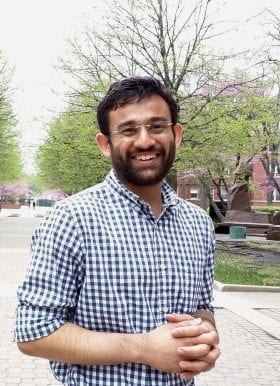
Tayyab Adil, PhD
CRM Early Career Executive Council, Chair; CRM DPS Class of 2024
- Email: adilm@wustl.edu
Dr. Adil is a postdoctoral fellow in the Morris Lab. He joined the CRM ECEC as Chair in 2023. Tayyab’s research is focused on dissecting the mechanisms of cellular reprogramming with an aim to advance therapeutically beneficial cell types.
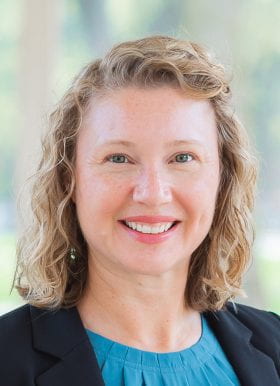
Jennifer Alexander-Brett, MD, PhD
Assistant Professor, Department of Medicine, Division of Pulmonary & Critical Care Medicine
- Email: jalexand@wustl.edu
The Alexander-Brett Lab integrates mucosal immunology, epithelial stem cell biology and protein biochemistry to investigate the role of stromal-immune intercellular crosstalk via extracellular vesicles in driving chronic lung disease pathogenesis.

David Alvarado
Assistant Professor, Surgery
- Email: alvaradodm@wustl.edu
My research focus is on the affect of human genetic variation on response to environmental stimuli, also known as gene-by-environment interactions. I am particularly interested in variants affecting the aryl hydrocarbon receptor (AHR) pathway in the development and progression of inflammatory bowel disease (IBD).
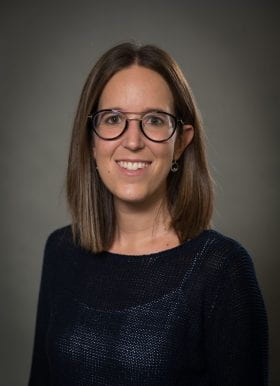
Farners Amargant i Riera, PhD
Assistant Professor of Obstetrics & Gynecology
- Email: farners@wustl.edu
The Riera Lab uses a multidisciplinary approach to investigate how biochemical and biomechanical signaling from the ovary regulates folliculogenesis and oocyte quality, and whether these mechanisms are altered in reproductive-associated diseases such as PCOS and aging.
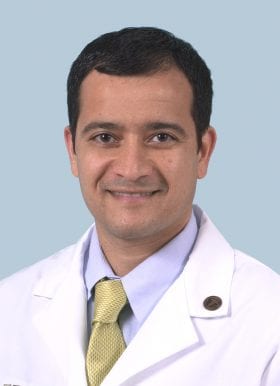
Rajendra Apte, MD, PhD
Paul A. Cibis Distinguished Professor of Ophthalmology and Visual Sciences
Department of Ophthalmology and Visual Science
- Email: apte@vision.wustl.edu
The Apte lab studies the molecular and cellular processes underlying neovascularization and cell degeneration in the retina.
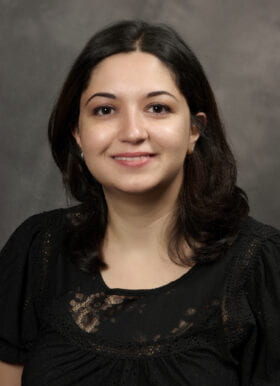
Ghazaleh Ashrafi
Assistant Professor, Cell Biology and Physiology, Genetics
- Email: ghazaleh@wustl.edu
The Ashrafi lab studies metabolic regulation of neurotransmission in health and in neurodegenerative diseases. To this end, the lab uses genetic, biochemical, and quantitative optical imaging techniques to probe metabolic and synaptic function in primary and stem cell-derived neurons and glial cells.
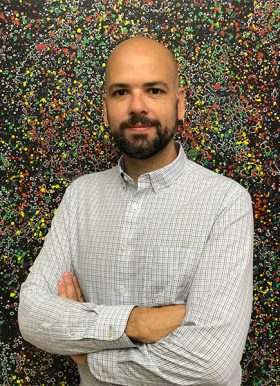
Luis Batista, PhD
Assistant Professor
Division of Hematology, Department of Medicine
- Email: LBATISTA@WUSTL.EDU
The Batista lab investigates the role of telomerase in stem cell function and regulation.
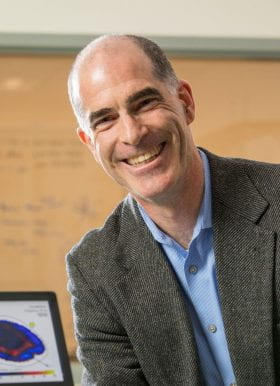
Philip Bayly, PhD
The Lilyan & E. Lisle Hughes Professor and Chair of Mechanical Engineering
Department of Mechanical Engineering and Materials Science
- Email: pvb@wustl.edu
The Bayly lab studies dynamic, mechanical phenomena in biomedical systems, including cortical folding and tissue mechanics in traumatic brain injury.
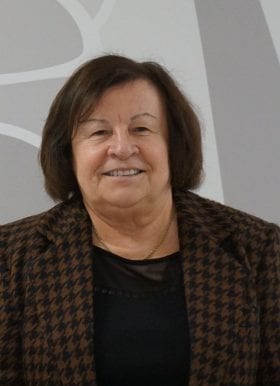
Mariana Beltcheva, PhD
Former Director, Human Cells, Tissues, and Organoids Core
- Email: beltchevam@wustl.edu
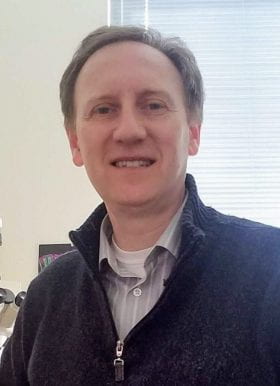
Mikahil Berezin, PhD
Associate Professor, Radiology
- Email: berezinm@wustl.edu
Research in the Berezin lab is focused on peripheral nerve imaging and understanding the mechanism of chronic pain and peripheral nerve degeneration in cancer patients. They also work to design image guided grafts for nerve restoration.
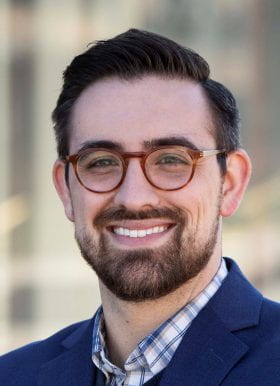
Matthew Bersi, PhD
Assistant Professor, Mechanical Engineering & Materials Science
- Email: mbersi@wustl.edu
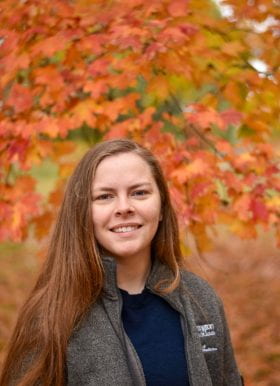
Lauren Boggs
Research Technician, Human Cells, Tissues, and Organoids Core
- Email: boggs@wustl.edu
Lauren joined the CRM HCTO in April 2022 as a research technician.

Jennifer M. Brazill, PhD
Senior Scientific Editor, Editing and Innovation Core (EiC)
- Email: jbrazill@wustl.edu
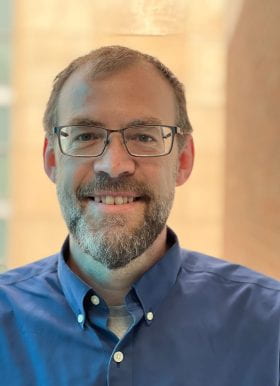
Thomas Brett, PhD
Associate Professor, Department of Medicine, Division of Pulmonary & Critical Care Medicine
- Email: tbrett@wustl.edu
The Brett Lab investigates the molecular mechanisms of chronic inflammatory lung disease and Alzheimer’s disease. We use structural, biophysical, model human tissues and complex cell co-culture models to investigate muco-obstructive diseases like cystic fibrosis and COPD. We also use structural, biophysical, and relevant human cellular models to investigate how microglial receptor-ligand interactions contribute to microglia function and neurodegeneration.

David Brogan, MD
Assistant Professor, Orthopedic Surgery
- Email: brogand@wustl.edu
Dr. Brogan’s research focuses on peripheral nerve injury and regeneration, using stem cells and 3D printed scaffolds as therapies.

Rita Brookheart
Assistant Professor, Medicine
- Email: rbrookheart@wustl.edu
The Brookheart Lab focuses on the intersection of metabolism and stress responses in the context of aging and metabolic disease. We use basic and translational tools to identify and investigate regulators of metabolism important in controlling cell differentiation and function, as well as organ size.
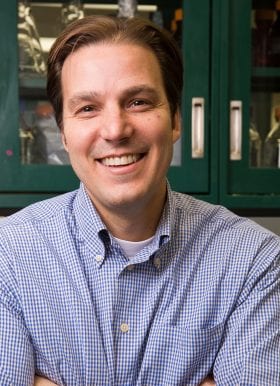
W. Todd Cade, PT, PhD
Professor
Program in Physical Therapy, Department of Medicine
- Email: tcade@wustl.edu
The Cade lab investigates how nutritional factors influence cell behavior, and how iPSCs can be used to model human muscle diseases.

Siyan Cao, MD, PhD
Assistant Professor, Department of Medicine, Division of Gastroenterology
- Email: caos@wustl.edu
Basic and translational research in inflammatory bowel disease, including epithelial barrier regeneration and gene therapy.
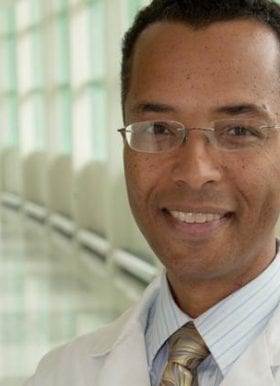
Alexendre R. Carter, MD, PhD
Associate Professor, Neurology
- Email: alexandre.carter@wustl.edu
The Carter lab studies the mechanisms of neuroplasticity at the brain, spinal cord and peripheral levels.
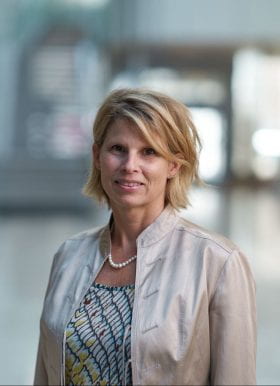
Valeria Cavalli, PhD
Associate Professor
Department of Neuroscience
- Email: cavalli@wustl.edu
The Cavalli lab studies the molecular mechanisms of PNS injury signaling and axon regrowth, and how this can inform CNS regeneration.
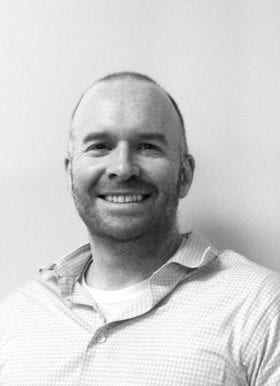
Grant Challen, PhD
Associate Professor, Division of Oncology, Department of Medicine
- Email: grantchallen@wustl.edu
The Challen lab focuses on how epigenetic marks regulate HSC self-renewal and differentiation, and how these are altered in lymphoma and leukemia.
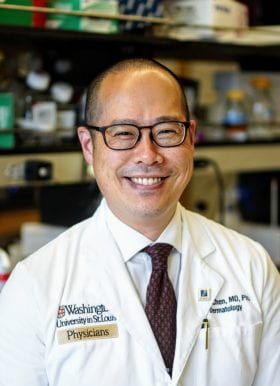
David Chen, MD, PhD
Assistant Professor, Department of Medicine, Division of Dermatology
- Email: davidchen@wustl.edu
The Chen Lab is interested in defining the genetic and epigenetic drivers of premalignant states in skin cancer.
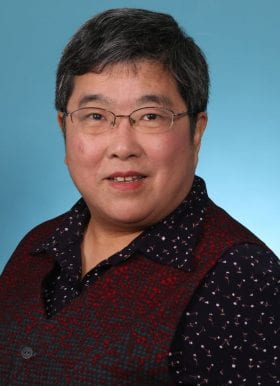
Shiming Chen, PhD
Dr. Bernard and Janet R. Becker Distinguished Professor, Ophthalmology and Visual Sciences
- Email: chenshiming@wustl.edu
The Chen Lab studies the molecular mechanisms controlling photoreceptor gene expression during photoreceptor development and maintenance in the mammalian retina, and how genetic mutations cause gene mis-regulation and defects in the function and survival of the photoreceptor neurons. They particularly focus on photoreceptor-specific transcription factors, such as CRX. Their ultimate goal is to develop therapeutic strategies for treatment.
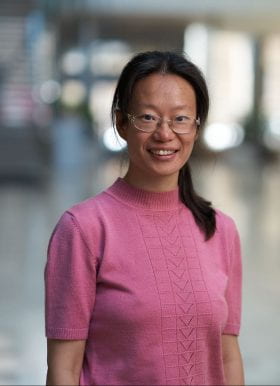
Yao Chen, PhD
Assistant Professor, Department of Neuroscience
- Email: yaochen@wustl.edu

Ying (Maggie) Chen
Associate Professor of Medicine, Division of Nephrology
- Email: ychen32@wustl.edu
Dr. Chen develops hiPSC-derived kidney organoids to model organelle stress-induced genetic kidney diseases and other innovative treatments.
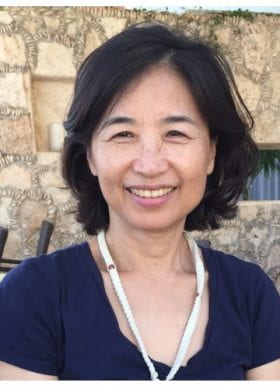
Kyunghee Choi, PhD
Professor, Department of Pathology & Immunology
- Email: kchoi@wustl.edu
The Choi lab studies hematopoietic and endothelial development and the interplay between angiogenesis and immunity in cancer

Matthew Ciorba, MD
Professor of Medicine, Director for Inflammatory Bowel Diseases Center
- Email: mciorba@wustl.edu
The Ciorba lab studies studies the roles of amino acid metabolism and microbial interactions in neoplastic and chronic inflammatory conditions of the GI tract.
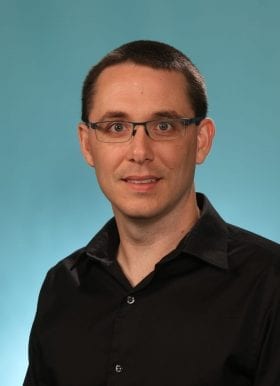
Brian Clark, PhD
Assistant Professor, Ophthalmology and Visual Sciences
- Email: brian.s.clark@wustl.edu
Using a suite of both moderate to high-throughput techniques in both mouse and zebrafish, the Clark Lab aims to identify the evolutionarily conserved and divergent pathways that regulate the temporally controlled specification of retinal cell fates.
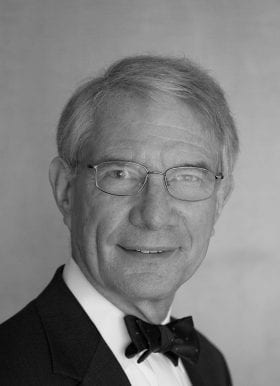
F. Sessions Cole, MD
Park J. White M.D. Professor of Pediatrics
- Email: fcole@wustl.edu
The Cole lab investigates the genetic mechanisms that underlie neonatal respiratory distress syndrome.
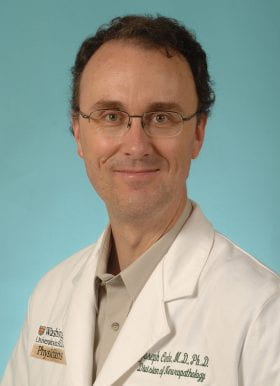
Joseph Corbo, MD, PhD
Professor
Department of Pathology and Immunology
- Email: jcorbo@wustl.edu
The Corbo lab studies the transcriptional regulatory networks that underlie the development, evolution, and diseases of photoreceptors.
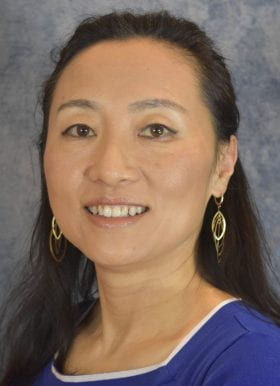
Xiaoxia Cui, PhD
Associate Professor and Director, Genome Engineering & Stem Cell Center
- Email: x.cui@wustl.edu
Dr. Cui directs the Genome Engineering & Stem Cell Center at Washington University. The GESC’s mission is to empower its users with access to the most up-to-date technologies in the fields of gene editing and stem cells and enable the creation of research models best fit for the unique need of each lab.

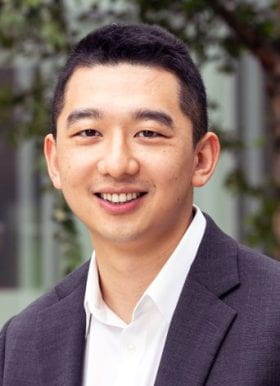
Yifan Dai, PhD
Assistant Professor, Biomedical Engineering
- Email: dyifan@wustl.edu
The Dai Lab focuses on exploring the physical chemistry of biology to understand how chemical functions are encoded in biological soft matter. Their goal is to use fundamental capabilities of synthetic biology to design smart medicine capable of sensing and responding to cellular states for the improvement of human well-being.

Zhiyu Dai
Associate Professor of Medicine, Division of Pulmonary and Critical Care Medicine
- Email: z.dai@wustl.edu
My research aims to understand the lung vascular homeostasis and the pathogenesis of cardiopulmonary diseases and regeneration and repair from lung injury.

Nicholas Davidson, MD, Dsc
John E. and Adaline Simon Professor of Medicine and Division Chief of Gastroenterology
- Email: nod@wustl.edu
The Davidson Lab studies the role of gatekeeper genes that regulate intestinal and hepatic lipoprotein assembly and secretion, including apoB and microsomal triglyceride transfer protein (Mttp).
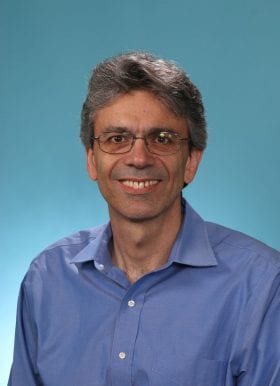
Aaron DiAntonio, MD, PhD
Alan A. and Edith L. Wolff Professor, Department of Developmental Biology
- Email: diantonio@wustl.edu
The DiAntonio lab studies the molecular mechanism that control axon generation, degeneration, and regeneration during development and disease.
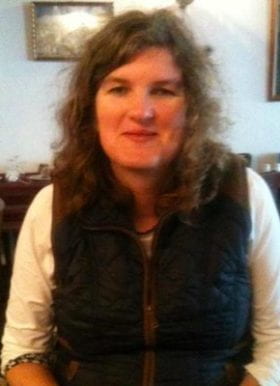
Sabine M Dietmann, PhD
Assistant Professor of Developmental Biology and Medicine, School of Medicine
- Email: sdietmann@wustl.edu
The Dietmann Lab specializes in the development of integrative multi-omics and machine learning approaches to the complex data sets generated by single-cell sequencing technologies in developmental biology and medicine. Her research has focused on the epigenetic landscape of embryonic stem cells and in vitro systems of human development. Of particular recent interest are studies of human organoids for applications in medicine and comparing developmental trajectories with other species and cell-cell communication.
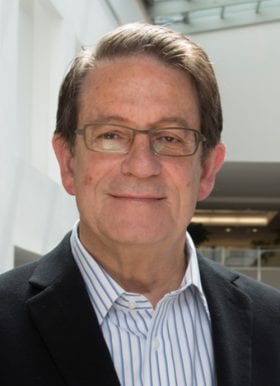
John DiPersio, MD, PhD
Virginia E. & Sam J. Golman Professor of Medicine
Department of Medicine; Chief, Division of Oncology
- Email: jdipersi@wustl.edu
The DiPersio lab studies the mechanisms underlying leukemia, hematopoietic stem cell mobilization, and graft vs. host disease.
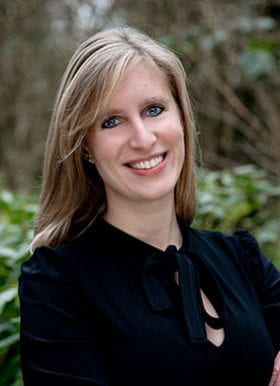
Naomi Dirckx
Assistant Professor, Orthopedic Surgery
- Email: dirckx@wustl.edu
My lab studies the role of the citrate transporter SLC13A5 in bone mineralization throughout growth and aging, as well as the systemic implications of altered citrate partitioning in skeletal tissues by targeting osteogenic citrate metabolism.

Abhinav Diwan, MD
Associate Professor, Division of Cardiology, Department of Medicine
- Email: adiwan@wustl.edu
The Diwan lab studies regulation of lysosome machinery in cardiometabolic diseases.
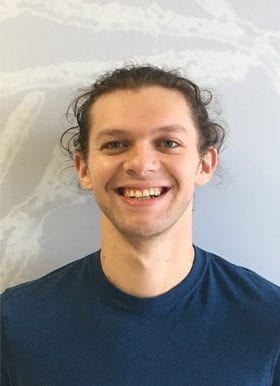
Garrett Easson
CRM Early Career Executive Council, Member
- Email: geasson@wustl.edu
Garrett is a current postdoctoral fellow in the Wagenseil lab. He joined the CRM ECEC in 2023. His thesis research is focused on the mechanisms of intervertebral disc mechanical transduction to better understand the development of low back pain.

Laura Fischer, PhD
Director, Human Cells, Tissues, and Organoids (hCTO) Core
- Email: laura.fischer@wustl.edu
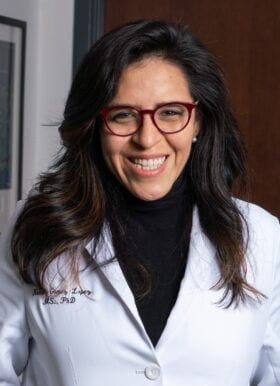
Nardhy Gomez-Lopez, PhD
Professor of Obstetrics & Gynecology
- Email: nardhy@wustl.edu
The Gomez-Lopez Lab studies how disruption of immune pathways in pregnancy can lead to changes in fetal deveopment, the maternal fetal interface, and neonatal life.
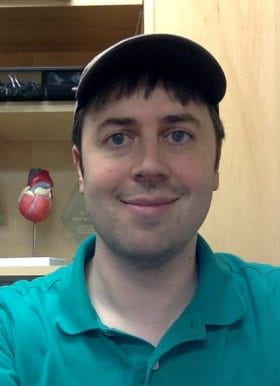
Michael Greenberg, PhD
Associate Professor, Biochemistry and Molecular Biophysics
- Email: greenberg@wustl.edu
The Greenberg lab studies familial cardiomyopathies, the leading cause of sudden cardiac death in young people, using an array of techniques, including stem cell technologies, tissue engineering, and genome editing.

Jianjun Guan, PhD
Professor, Mechanical Engineering and Materials Science
- Email: jguan22@wustl.edu
Research in the Guan Lab is focused on creating biomaterials for tissue regeneration and drug delivery.

Farshid Guilak, PhD
Co-Director, Center of Regenerative Medicine; Mildred B. Simon Professor of Orthopedic Surgery; Director of Research, Shriner’s Hospitals – St. Louis
- Email: guilak@wustl.edu
The Guilak Lab is pursuing a multidisciplinary approach to investigate the etiology and pathogenesis of osteoarthritis, as a basis for the development of new pharmacologic and stem cell therapies.
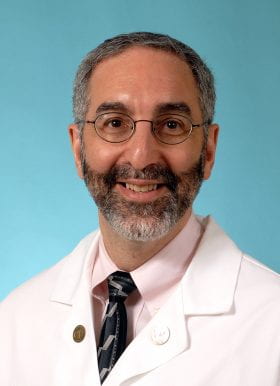
David Gutmann, MD, PhD
Donald O. Schnuck Family Professor & Vice Chair for Research Affairs
Department of Neurology
- Email: gutmannd@wustl.edu
The Gutmann lab studies the cellular and molecular basis underlying nervous system dysfunction in neurofibromatosis using mouse and iPSC models.
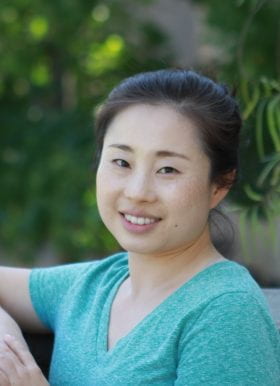
Claudia Han
Assistant Professor, Pathology and Immunology
- Email: claudiah@wustl.edu
We are interested in understanding the epigenetic mechanisms underlying the immune system’s contribution and response in neurodevelopmental and neurodegenerative diseases. We utilize both mouse and stem cell derived models.
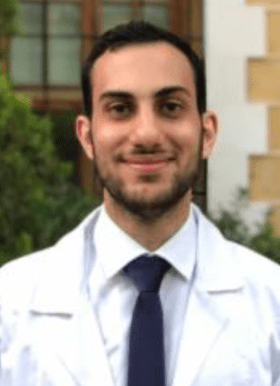
Ghandi Hassan, MD
CRM DPS Class of 2024
- Email: ghandi@wustl.edu
Dr. Hassan is a postdoctoral fellow in the Alexander-Brett Lab. His research is focused on roles for IL-33 in immune mediated pulmonary disease, with a focus on stem cells associated with COPD.
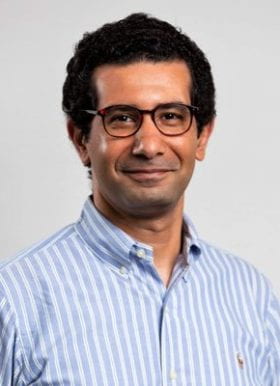
Mohamed G Hassan, PhD, MSc, DDS
CRM Early Career Executive Council, Alum; CRM DPS Class of 2024
- Email: hmohamed@wustl.edu
Dr. Hassan is a postdoctoral fellow in the Scheller Lab. He joined the CRM ECEC in 2023 and is a prior RLM fellow. His research leverages advanced imaging and molecular biology approaches to identify mechanisms underlying accelerated regeneration in neural crest-derived bone.

Emily Holloway, PhD
CRM DPS Class of 2024
- Email: emily.holloway@wustl.edu
Dr. Holloway is a postdoctoral fellow in the Morris Lab. Her research is focused on intestinal regeneration in novel organoid systems + single cell multiomics/regional reprogramming of chimeric organoids.

Nathaniel Huebsch, PhD
Assistant Professor, Biomedical Engineering
- Email: nhuebsch@wustl.edu
Professor Huebsch’s research focus is in basic and translational stem cell mechanobiology, with specific focus on hydrogels to control cell-mediated tissue repair, and 3-D models heart-on-a-chip models derived from human induced pluripotent stem cells.

James Huettner, PhD
Professor, Cell Biology and Physiology
- Email: jhuettner@wustl.edu
The Huettner lab studies how glutamate gated ion channels influence synapses and the differentiation of neurons from ES cells.
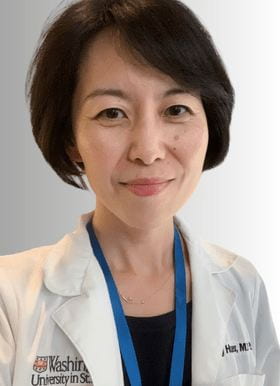
Jing Hughes
Assistant Professor, Endocrinology
- Email: jing.hughes@wustl.edu
We study how the primary cilium, sensory antenna of the cell, regulates signaling and secretory functions in the pancreatic islet.
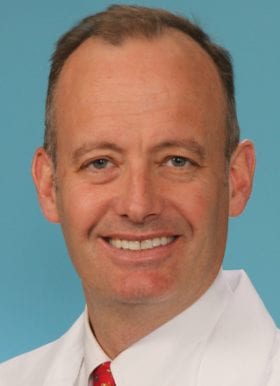
Benjamin Humphreys, MD, PhD
Joseph Friedman Professor of Renal Diseases in Medicine, Division of Nephrology, Department of Medicine
- Email: humphreysbd@wustl.edu
The Humphreys Lab develops new and innovative treatments to help patients with kidney disease. They are using human stem cells to generate kidney organoids in a dish, with a goal of one day transplanting them into patients with kidney failure. They also study the kidney’s ability to regenerate itself so that they can harness this ability for therapeutic uses.
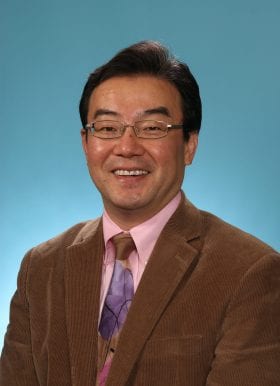
Shin-Ichiro Imai, MD, PhD
Professor, Developmental Biology
- Email: imaishin@wustl.edu
The Imai lab investigates the tissues, factors, and molecular mechanisms control mammalian aging.
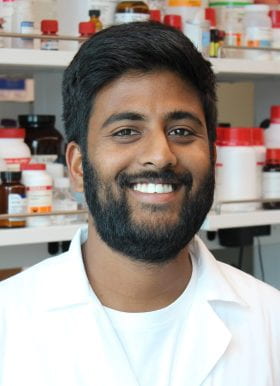
Matthew Ishahak, PhD
CRM Early Career Executive Council, Member; CRM DPS Class of 2024
- Email: mishahak@wustl.edu
Dr. Ishahak is a postdoctoral fellow in the Millman Lab. He joined the CRM ECEC in 2023. Matt’s research is focused on engineering stem cell-derived organoid model systems to study human development and pathophysiology.

Sanjay Jain, MD, PhD
Associate Professor, Division of Nephrology, Department of Medicine
- Email: sanjayjain@wustl.edu
The Jain lab studies the molecular and cellular mechanisms that regulate maintenance, differentiation and function of kidney progenitors in normal development and disease states.
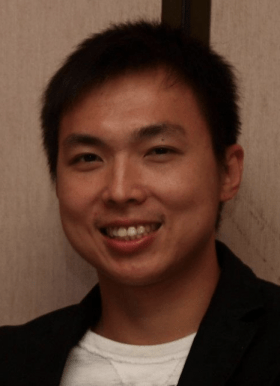
Sheng Chih (Peter) Jin, PhD
Assistant Professor, Department of Genetics
- Email: jin810@wustl.edu
Research in the Jin lab is devoted to identifying the genes and elucidating the molecular, cellular, and developmental mechanisms that drive the development of specific neurodevelopmental disorders, including congenital hydrocephalus, cerebral palsy, and Moyamoya disease.
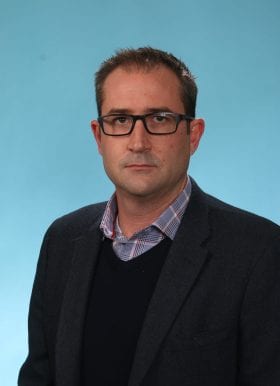
Aaron Johnson, PhD
Assistant Professor, Developmental Biology
- Email: anjohnson@wustl.edu
The Johnson lab studies the development and regeneration of muscle in fly and human.